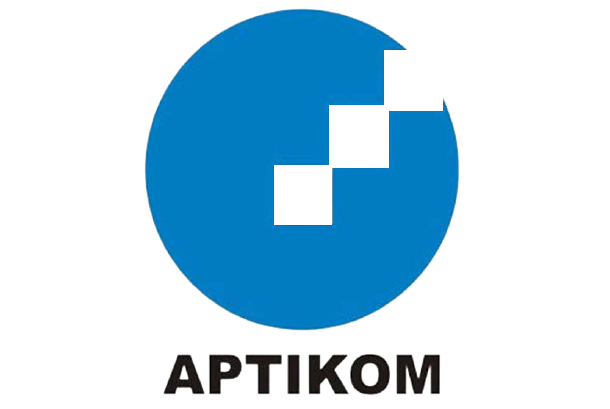Designing a Student Counseling Guidance Information System at SMA Negeri 1 Batang Kapas Using the Codeigniter (CI) Framework
DOI:
https://doi.org/10.30983/ijokid.v1i1.4957Keywords:
Counseling Guidance, Framework, Codeigniter, R&D, 4DAbstract
References
H. Kamaluddin, “Bimbingan dan Konseling Sekolah,†J. Pendidik. dan Kebud., vol. 17, no. 4, p. 447, 2011.
A. Prasetyoaji and S. Handayani, “Sistem Himpunan Data Berbasis Web Dalam Layanan Bimbingan dan Konseling,†konseling GUSJIGANG, vol. 3, no. 2, pp. 180–185, 2017.
A. N. Khomarudin, L. Efriyanti, and M. Tafsir, “Pengembangan Media Pembelajaran Mobile Learning Berbasis Android Pada Mata Kuliah Kecerdasan Buatan,†J. Educ. J. Educ. Stud., vol. 3, no. 1, pp. 1–87, 2018.
P. Setiawan, Sulistiowati, and J. Lemantara, “Rancang Bangun Aplikasi Pengolahan Data Evaluasi Proses Belajar Mengajar Berbasis Web Pada STIKES Yayasan RS. Dr. Soetomo Surabaya,†Jsika, vol. 4, no. 2, pp. 1–6, 2015.
S. M. A. N. Banuhampu, D. Of, E. A. In, and B. State, “Perancangan Aplikasi E-Discussion Pada SMA Negeri 1 Banuhampu,†vol. 11, no. 2, pp. 118–130, 2019.
R. Sagita, F. Azra, and M. Azhar, “Pengembangan Modul Konsep Mol Berbasis Inkuiri Terstruktur Dengan Penekanan Pada Interkoneksi Tiga Level Representasi Kimia Untuk Kelas X SMA,†J. Eksakta Pendidik., vol. 1, no. 2, pp. 25–32, 2017.
M. Ikhbal and H. A. Musril, “Perancangan Media Pembelajaran Fisika Berbasis Android,†Inf. Manag. Educ. Prof., vol. 5, no. 1, pp. 15–24, 2020.
S. Rahmawati and Jarwo, “Perancangan Aplikasi Sistem Informasi Bimbingan Konseling SMA Pomosda Berbasis Web dengan PHP 5.437 dan MySQL 5.5.42,†Cyber-Techn, vol. 14, no. 02, pp. 22–32, 2020.
A. Hendini, “Pemodelan UML Sistem Informasi Monitoring Penjualan dan Stok Barang (Studi Kasus : Distro Zhezha Pontianak),†J. Khatulistiwa Inform., vol. 4, no. 2, pp. 107–116, 2016.
L. Najmi, E. Hutabri, and A. Pratam, “E-Konseling Siswa Pada Sekolah SMA N 4 Pariaman,†Edik Inform., vol. 5, no. 2, pp. 10–16, 2019.
Downloads
Published
How to Cite
Issue
Section
Citation Check
License
Authors who publish with this journal agree to the following terms:
- Authors retain copyright and grant the journal right of first publication with the work simultaneously licensed under a Creative Commons Attribution License that allows others to share the work with an acknowledgment of the work's authorship and initial publication in this journal.
- Authors are able to enter into separate, additional contractual arrangements for the non-exclusive distribution of the journal's published version of the work (e.g., post it to an institutional repository or publish it in a book), with an acknowledgment of its initial publication in this journal.
- Authors are permitted and encouraged to post their work online (e.g., in institutional repositories or on their website) prior to and during the submission process, as it can lead to productive exchanges, as well as earlier and greater citation of published work (See The Effect of Open Access).




